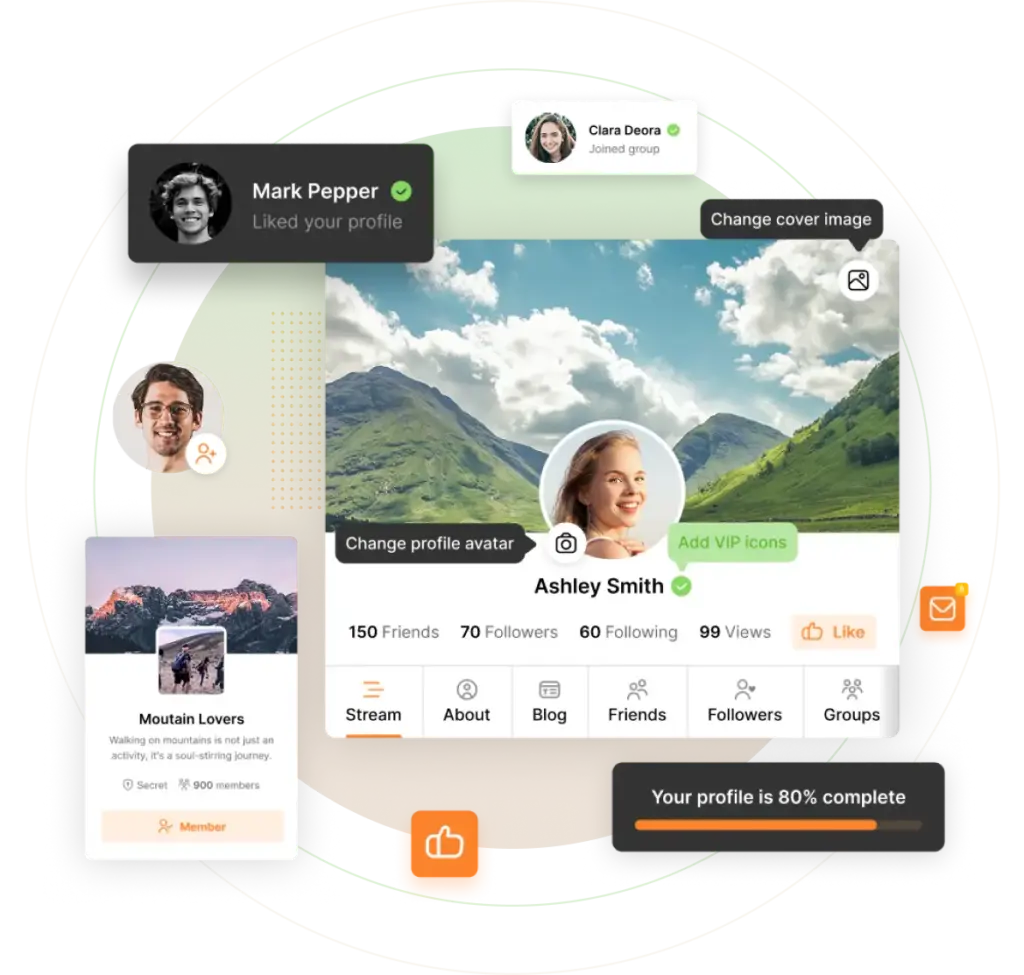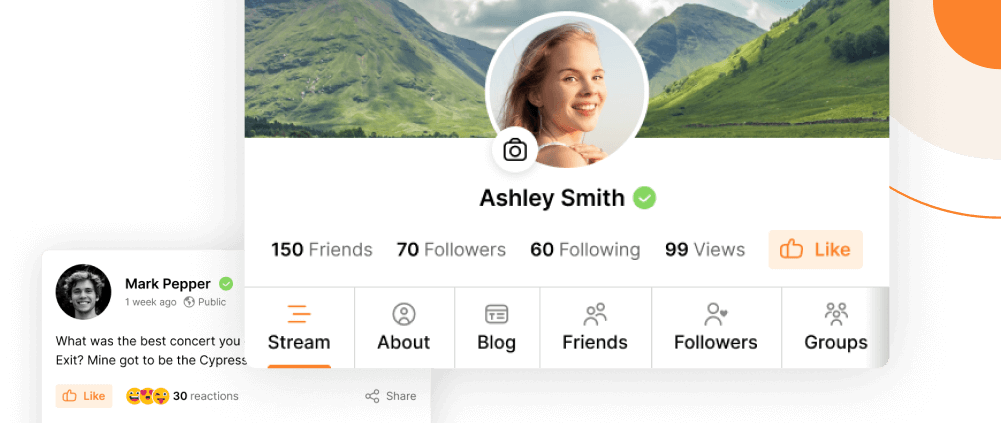At first glance, it’s natural to believe that there is no difference between support and product communities—after all, aren’t all communities built around product discussions and supporting members? The distinction is a subtle one: while service communities are about creating a great place to be, product communities are more about creating a great resource for members.
What are product communities?
Product communities are focused entirely around product-specific problems and solutions. They exist to resolve issues for customers, but also to identify recurring or impending problems so the product can be upgraded behind closed doors. The purpose of this product-focused community is twofold:
- For customers – To be a knowledge center, where prospective or current customers can learn about the product, speak with other owners, and generally get answers.
- For business – To radically uncover existing problems or desired features to transform the product, making it ever more desirable to customers.
What are service communities?
Within a service-focused community, everything is a little less ‘strict’. Members might wish to compare with rival products, or share personal anecdotes or wander off-topic and engage in more generalist conversations. Veering from that relentless product focus is what differentiates the two groups.
Should you aim to be product or service-focused?
There’s no objectively “better route” to go. As with all community decisions, you need to do what aligns best with your values and your members’ desires. If you’re trying to foster an awesome, collaborative community where people come to share all their ideas, have fun, and post discussion starters, then you’re probably going down the service road.
There’s an opportunity for members to ask product questions of course, but the scope is wider than that. This route is more likely for a games developer, say, than a manufacturer of complex industrial equipment. In the latter case, you’re more likely to benefit from a “functional” community. A place where highly experienced customers and users can contribute solutions, but also ask complex technical questions—with high confidence of getting a solution themselves. No distractions, just raw results.
Having that said, you need to look inwards: is your community geared up for more of an impersonal, superuser-dominated, resolution-oriented setup? Or are you building towards something more sociable or tangential, where it is about the product but not always in such a direct or technical way?
Figure out what you hope to gain from the community and ask your community what they expect the community to deliver them. If you can do that, the ship will usually steer itself.




Reactions & comments
Comments